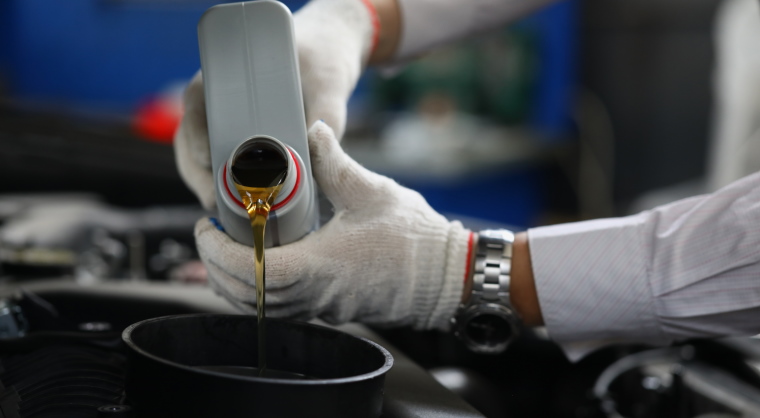Are Engine Treatment Products Worthwhile?
Published on: Monday, 25 September 2023 | Author: Jack Dreyer
If you’ve heard of engine and fuel treatments, you’ve likely considered whether they need to be used at all — they don’t come at a particularly high price point, but it’s high enough to be justified in questioning whether they’re just another thing to sell you.
We’ll look specifically at oil treatments here, but the bottom line for whether they work is that yes, they absolutely do — when appropriately used! Crucially, you need to be careful about when you use them and whether they’re suitable for your particular engine.
Why do engines need treatment?
With engines on modern cars, the synthetic oil formulations are so good that, in theory, you never need an engine treatment. But this assumes you change the oil regularly and use only the oil recommended by the car’s manufacturer.
Engine oil exists to stop parts wearing against each other, to dissipate heat around the engine, and to help stop internal parts from rusting or corroding. If you don’t change the oil regularly, the engine components begin to wear — and all the tiny shavings of metal dust as the engine components wear against each other collect into a thick, gummy oil.
It’s this that causes further problems. It becomes like sandpaper that not only accelerates the rate of wear but also stops the oil from being able to move properly and dissipate heat effectively.
So if you’ve just bought a new car with new oil, you almost certainly don’t need to also buy engine treatments — just be sure to get the car’s oil changed at regular intervals!
If you’re buying a second-hand car that doesn’t seem to have been particularly well maintained, then an engine treatment is likely to help a lot when you replace the oil. But it also depends on what kind of engine treatment you opt for!
Types of engines affect what treatment you need
Newer engine treatments tend to be much thinner than they used to be. The key metric for engine oil is how well it maintains low viscosity at different temperatures because a highly viscous compound is more likely to provide resistance to moving parts.
Like your engine swimming in honey.
It may be perfectly able to do so if it has limited moving parts (like older engines with solid cams) — but the viscosity very quickly gums up the complex components of modern cars.
In either the case of an old car or a new one, the less viscous engine treatment is likely to perform better.
What do engine treatments do?
So now the important question: what do engine treatments even do?
Well, that depends on the treatment itself. Some treatments are intended to loosen up clumps of oil and let them drain better when you drain the oil, but most are intended to be added at the point that new oil is poured in order to prevent clumps from forming.
Many of the modern treatments also coat the interior of the engine to help seal it — thus avoiding things like gasket failures that reduce the power of the engine.
Unsure if your car needs an engine treatment?
These days, engines and cars are incredibly complex, so it helps to get some reassurance from professionals. If you’re unsure whether your car needs an engine treatment, get in touch with your local Tyre Pros centre for expert advice.




